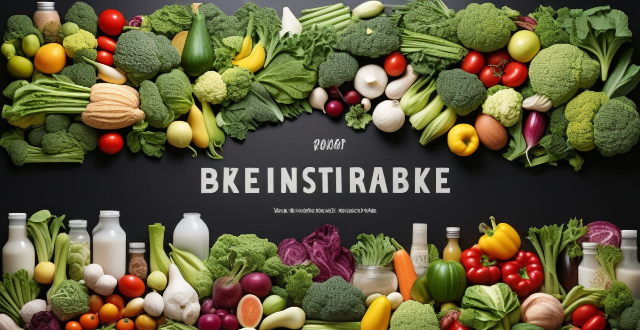Organic foods are generally more expensive than non-organic options due to higher production costs, certification fees, and market demand. Factors such as labor intensity, lower yields, longer production time, accreditation costs, and ongoing inspections contribute to these increased costs. Despite the price difference, many consumers choose organic foods for health, environmental, and animal welfare reasons. The decision to purchase organic or non-organic often depends on individual priorities and budget.

Are Organic Foods More Expensive Than Non-Organic Foods?
Yes, organic foods are generally more expensive than non-organic foods. This is due to various factors including production costs, certification fees, and market demand. Let's delve into the details:
Factors Contributing to Higher Costs of Organic Foods
Production Costs
- Labor Intensive: Organic farming often requires more manual labor as it relies less on machinery and more on hand weeding and other manual techniques.
- Lower Yields: Organic crops might have lower yields compared to conventionally grown crops because they cannot use synthetic pesticides and fertilizers to control pests and enhance growth.
- Longer Production Time: It can take longer to grow organic produce since the methods used are often more natural and slower.
Certification Fees
- Accreditation Costs: Farmers must pay for their land and products to be certified as organic, which adds to the overall cost.
- Ongoing Inspections: To maintain organic certification, regular inspections are required, adding additional expenses.
Market Demand
- Consumer Willingness to Pay: Many consumers associate organic foods with health benefits and are willing to pay a premium for these products.
- Supply and Demand: If the demand for organic foods outpaces supply, prices can increase accordingly.
Comparing Costs
When comparing similar items in the supermarket, you will typically find that:
- Organic fruits and vegetables are priced higher than their non-organic counterparts.
- Organic meats and dairy products also tend to be pricier than conventional options.
- Processed organic foods (like cookies or snacks) are usually more expensive than non-organic versions.
Worth the Extra Cost?
Despite the higher price tag, many consumers choose organic foods for reasons such as:
- Health Considerations: Some studies suggest that organic foods may contain more nutrients and fewer harmful chemicals.
- Environmental Impact: Organic farming practices aim to reduce pollution and protect the ecosystem.
- Animal Welfare: Organic standards for animal products prioritize the welfare of the animals.
Conclusion
In conclusion, while organic foods do come with a higher price point, this is largely due to the increased costs of production and certification. The decision to purchase organic versus non-organic foods often comes down to personal priorities regarding health, environment, and budget.